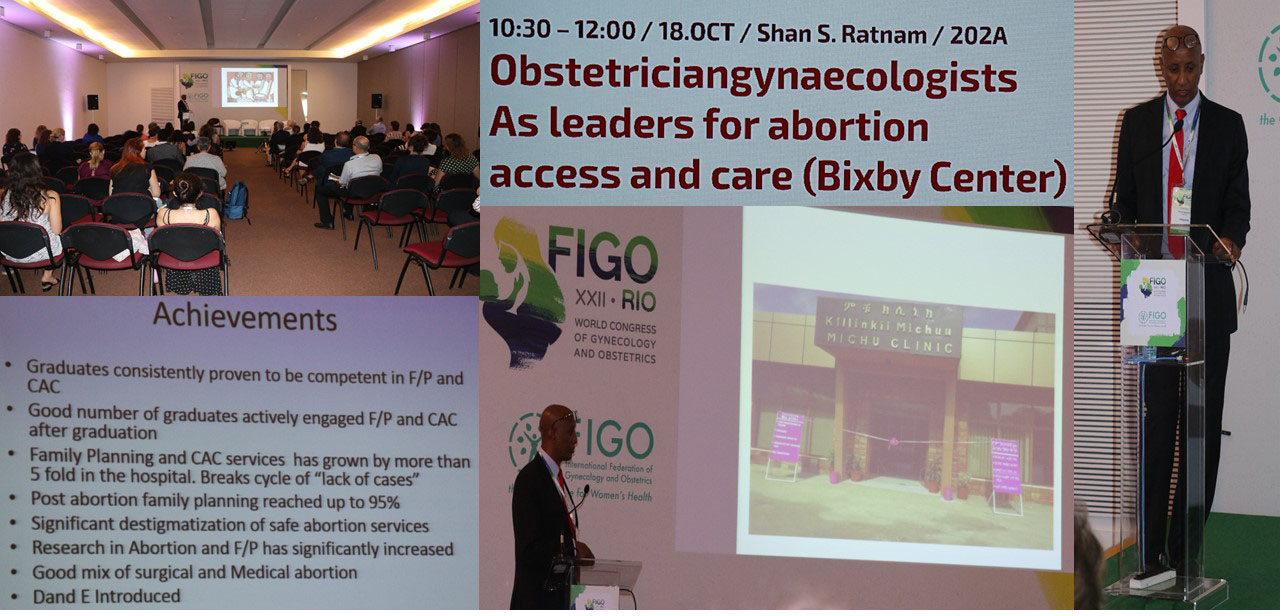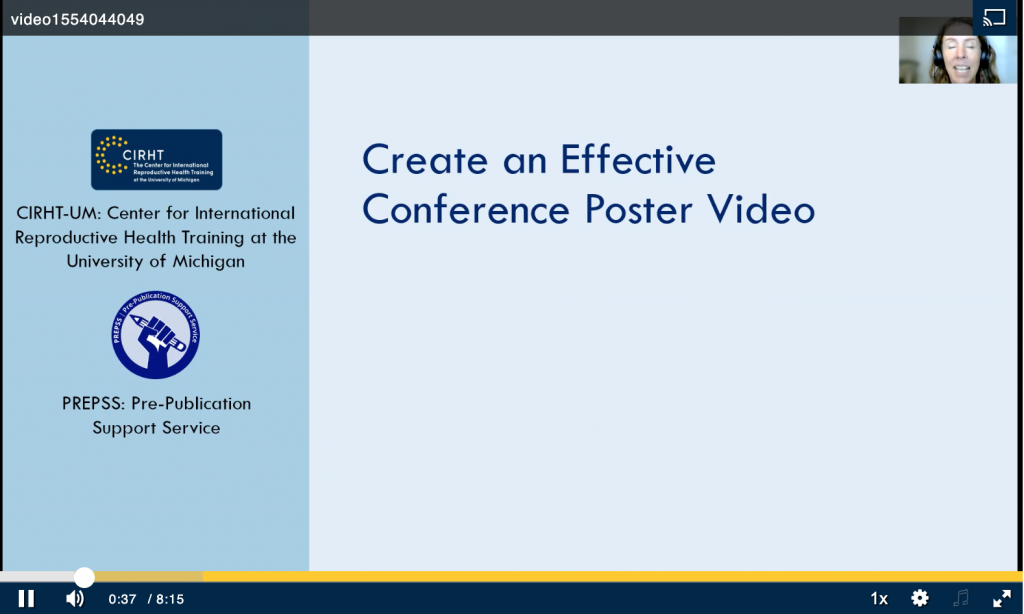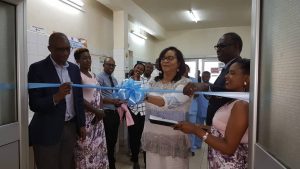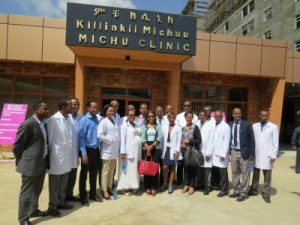Obstetrician-Gynecologists as Leaders for Abortion Access and Care

Feiruz Surur; Lesley Regan; Philip Darney; Leonel Briozzo; Dominique Truan Kaplan
Obstetrician gynecologists can play a significant role in advocating for maternal health, access to and training for safe and evidence-based abortion care. Along with NGO advocacy partners, obgyns must define their professional role in institutionalizing training, defining conscientious objection and producing evidence-based protocols of uterine evacuation methods. Obgyns not only make significant contributions in the transition from illegal to legal abortion, but in implementing, upholding and expanding the law. This session will highlight the contributions of the obgyn community in five countries. In Ethiopia, which liberalized abortions for health and social reasons in 2005, the medical community in collaboration with NGOs stepped in to meet the demand for safe abortions and institutionalize training. In the United Kingdom, where abortions were legalized in 1967, the obgyn community plays an important role addressing systematic integration in the post graduate curriculum to address a shortage of physicians providing second trimester D&E abortions. In the United States obgyns played a leadership role in advocating for legalization in 1972, supported institutionalization of training and respond to increasing restrictions and interference with the physician patient relationship. In Uruguay abortions were legalized in 2012. Obgyns contributed to abortion law reform by creating the harm reduction model and defining the parameters of conscientious objection. Finally, we will describe the most recent change in the Chilean law, passed by its Congress in 2017, and the role of the obyns in devising systems of delivery of care.
For video of Feiruz Surur’s presentation on Ethiopia, click here.
For a look at Feirz Surur’s presentation: Integration of Abortion Training in to Pre-service Medical Training, click here.







